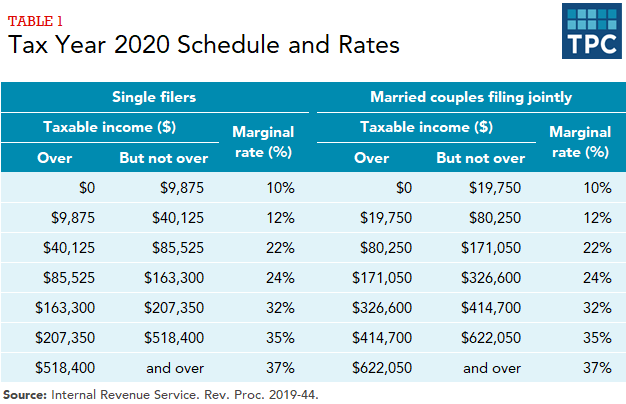This is only a ready reckoner that makes standard assumptions to estimate your tax breakdown. This tells you your take-home pay if you do not have. How much tax and NI should I be paying?
Confused by your income tax and National Insurance? I work hours at £6. If you have one job, you will not pay tax until you earn this amount. ZERO TAX a wil any personal allowance be left over to offset against the lower.
Our salary calculator builds upon our comprehensive calculation system to provide you with an accurate breakdown of your salary by factoring income taxes, national insurance and other deductions such as student loans and pensions. Different people have different tax codes, depending on their circumstances.
Every year, HMRC sends out a Coding Notice telling you what your tax code is and how much tax you’ve paid. What is income bracket? When drawing your pension you will have the same personal allowance and tax bands as anyone else.
Therefore, all your income over £15will be taxed at the normal rate (at least per cent, unless some of your non-pension income is from dividends which are taxed at a lower rate). The amount of tax you pay depends on your total income for the year and your tax rate. How each pension option is taxed. This table gives an overview of how much tax you may pay on the money you take from your pension pot.
Your rental profits are taxed at the same rates as income you receive from your business or employment – 0%, 20%, 40% or 45%, depending on which tax band the income falls into. Overpayment or underpayment of tax.
So, if you’ve stopped working part way through the tax year, you might have paid too much. Never assume your employer has got the calculations right. The tax deducted could be too much or too little.
Types of tax deducted from your income, such as PAYE and National Insurance, account for 20%. The rest goes on indirect taxes – including VAT, duty on alcohol and petrol, and council tax. A higher rate of 40% income tax applies to profits and other taxable income above £50but not exceeding £15000.

With an additional rate of 45% income tax payable on profits and other taxable income of £150and above. Search for council tax banding and costs for any property in England and Wales Find out how much council tax you pay for your property - mycounciltax. The short answer is yes, state pensions are taxed as they are treated as income.
However, many people may not pay any tax on their state pension, depending on how much they are getting annually. Different rates of income tax apply depending on the type of income and how much it is. The State Pension is included as ‘earned income’ and therefore potentially taxable. However, it is always paid to you ‘gross’ (that is, no tax is deducted before you receive it).
This percentage method may seem ideal as it tends to take less out of your bonus, which means more money for you initially, but be prepared to pay more when filing taxes the following year if you. Tax rates for long-term gains are lower than for short-term gains, with those in the 10% and 15% tax brackets paying 0% in long-term capital gains tax, those in the 25% to 35% tax brackets paying.
:max_bytes(150000):strip_icc()/taxes-in-retirement-how-much-will-you-pay-2388083v-6-5b4cba9fc9e77c0037315bd8.png)
Taxes are unavoidable and without planning, the annual tax liability can be very uncertain. Use the following calculator to help determine your estimated tax liability along with your average and marginal tax rates.

Every basic rate taxpayer in the UK currently has a Personal Savings Allowance (PSA) of £000. This means that the first £0of savings interest earned in a year is tax -free and you only have to pay tax on savings interest above this. As such, if your total income is less than this, it will all attract income tax at a rate of 20% for this tax year.
You should also remember that you will almost certainly be liable for National Insurance Contributions, which will be paid at a rate of 12% for annual earnings between £4and £4350. You have income tax deducted from your pension as you would for any other form of income. The exception is if your annual income is under £15then you will not pay any tax on your pension.
Long-term capital gains refer to investments held more than a year, and tax rates are 0%, 15% or 20%, depending on income amount and filing status. Qualified dividends are taxed at the capital. The percentage that you pay depends on the amount of your income. The first part of your income, up to a certain amount, is taxed at 20%.
This is known as the standard rate of tax and the amount that it applies to is known as the standard rate tax band.
No comments:
Post a Comment
Note: Only a member of this blog may post a comment.